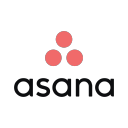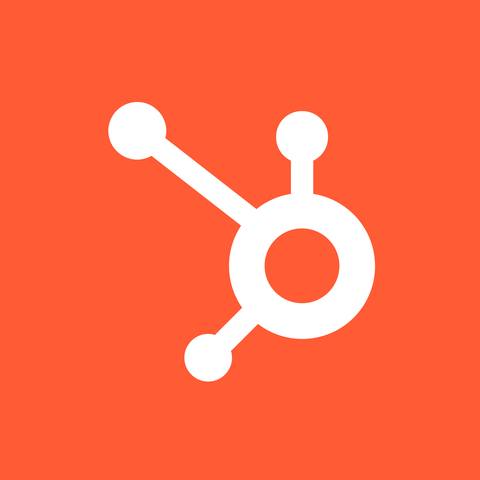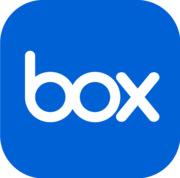

LiquidPlanner Reviews & Product Details
LiquidPlanner is a project management solution built for teams who want to prioritize planning and intend to anticipate user needs to ensure seamless operations. With the platform, you can align your people, projects, and priorities to ensure the right team is able to work seamlessly. Predictive scheduling dynamically adapts to change and manages uncertainty, so you always know in real time when work will be done. LiquidPlanner is backed by the power of planning intelligence, ensuring that teams deliver and optimize their work in the best way possible.


| Capabilities |
|
|---|---|
| Segment |
|
| Deployment | Cloud / SaaS / Web-Based, Mobile Android, Mobile iPad, Mobile iPhone |
| Support | 24/7 (Live rep), Chat, Email/Help Desk, FAQs/Forum, Knowledge Base, Phone Support |
| Training | Documentation |
| Languages | English |
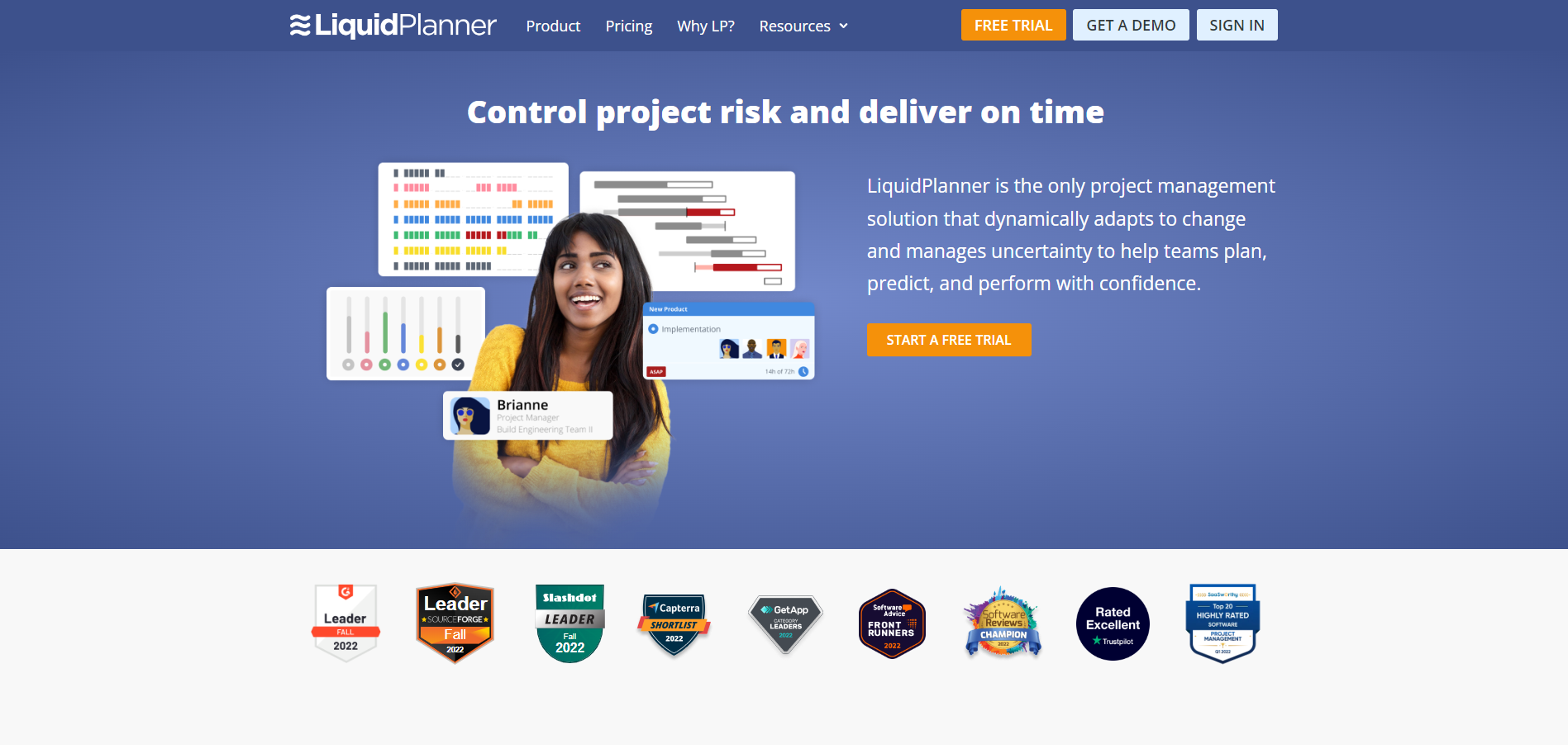
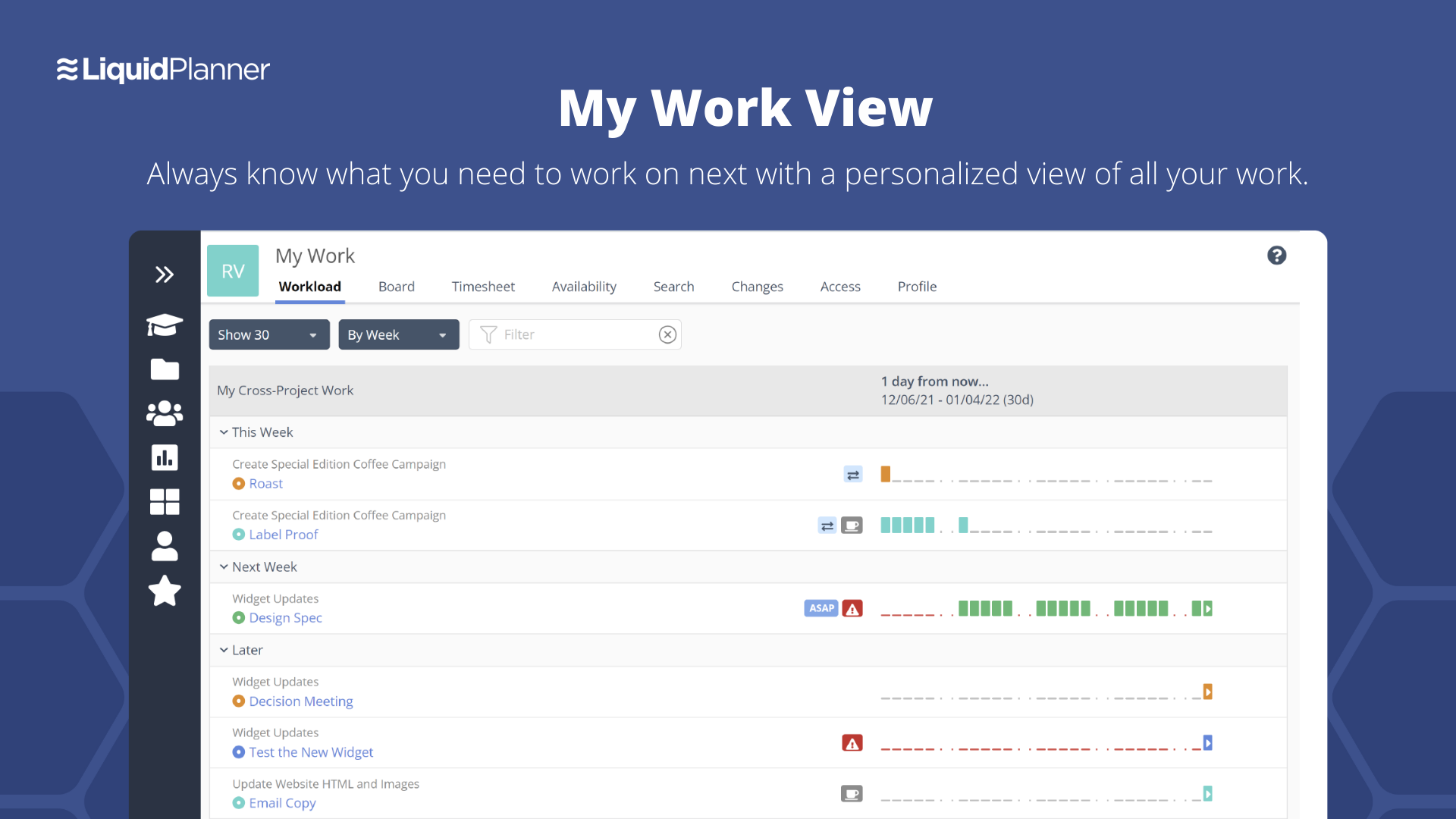
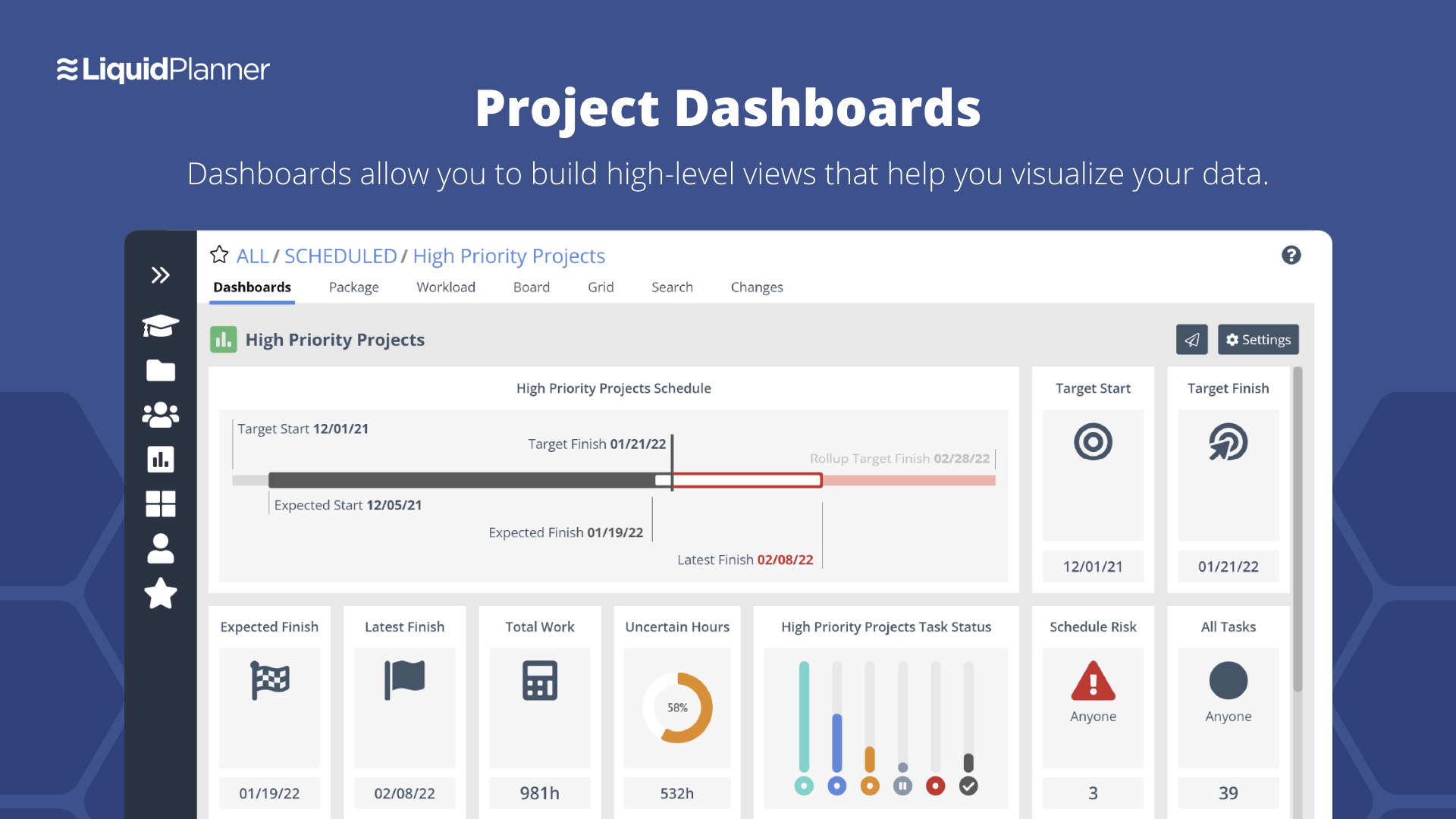
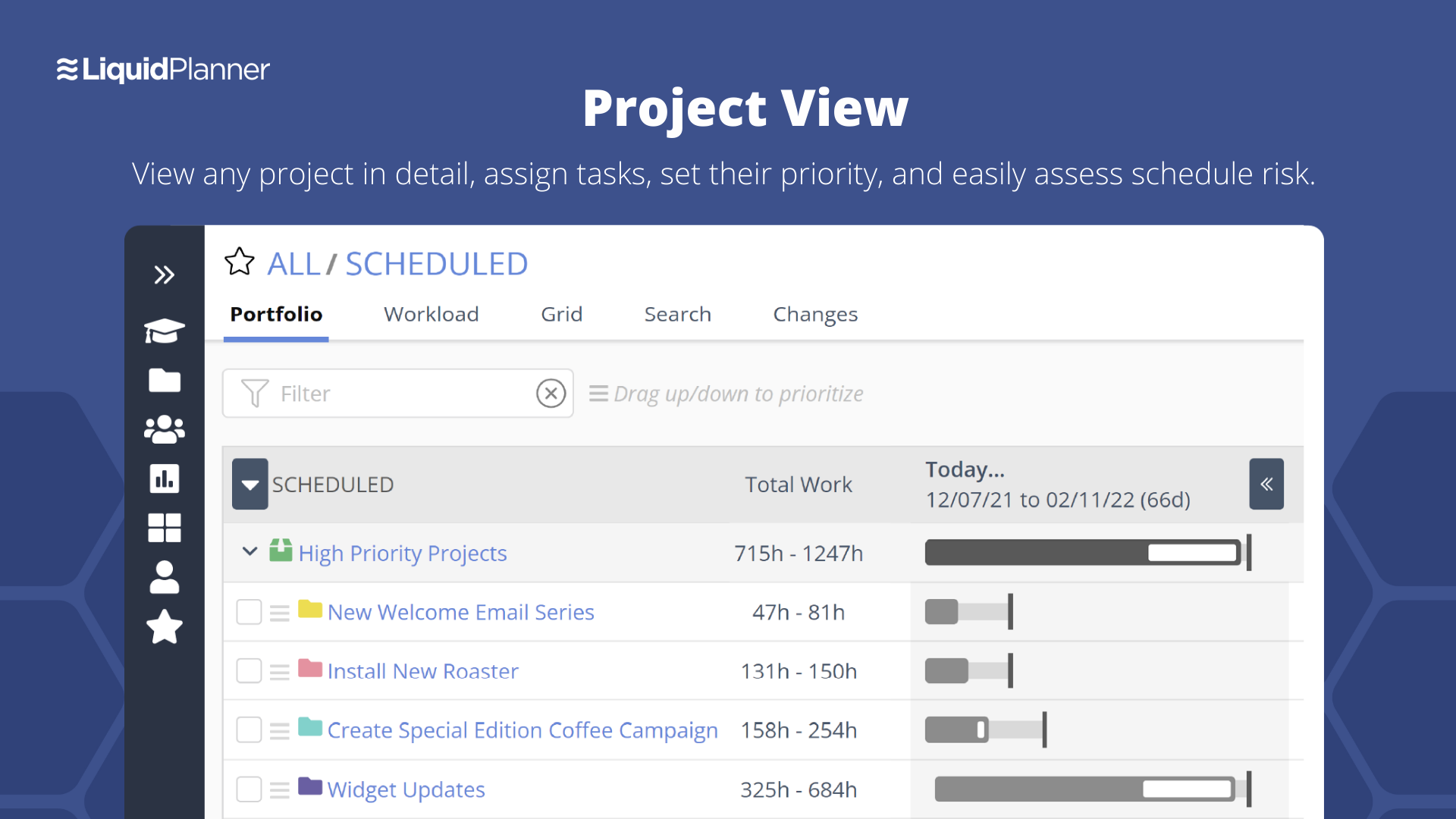
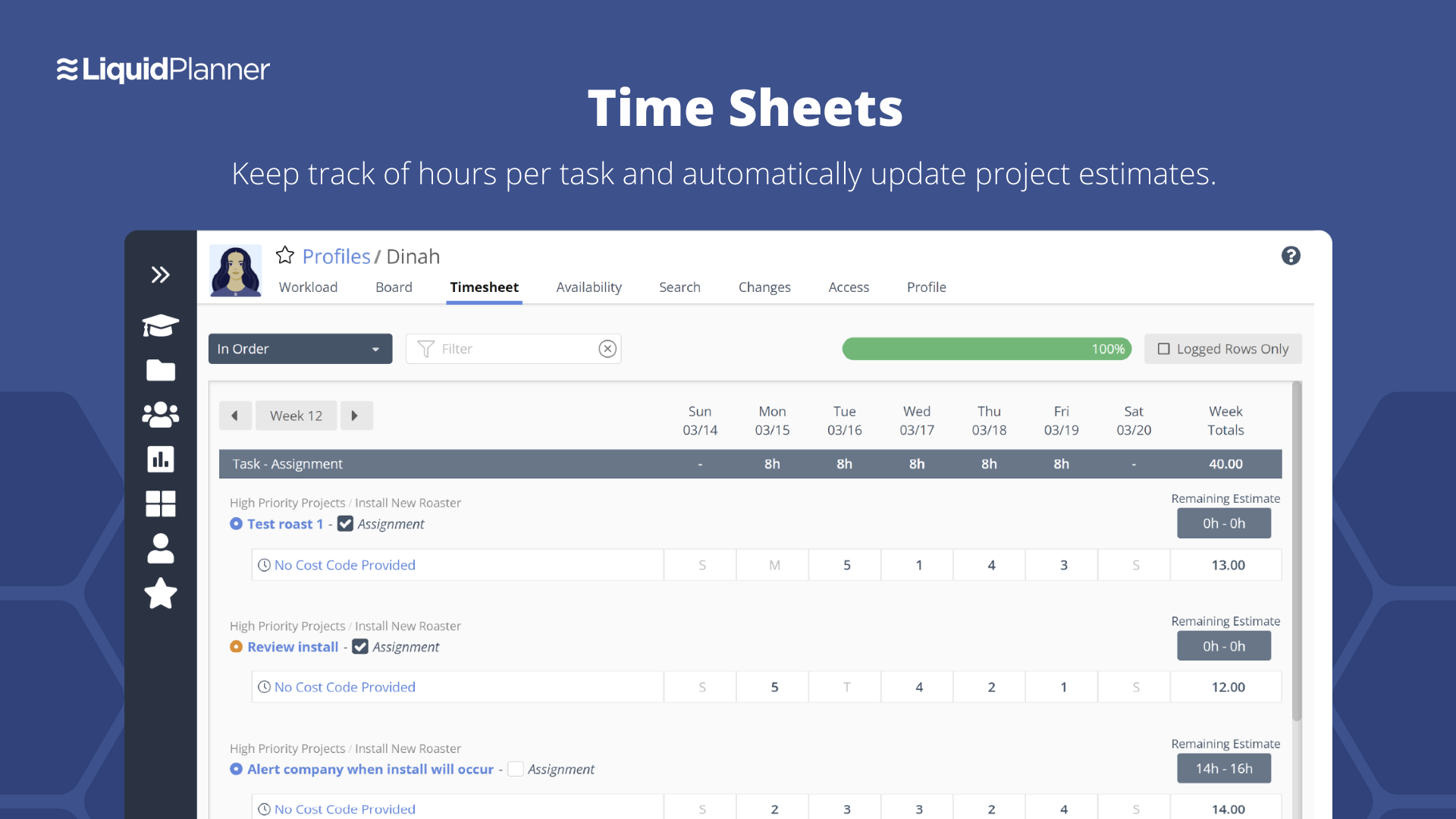

Organization of projects very intuitive.
Hard to track retroactively.. the dates are not easy to navigate
How much time we're spending on data
LiquidPlanner's API allows us to track our progress on 3rd party reporting software.
They don't really have a good method of repeatable tasks. Each month we are adding in new tasks for the month and a lot of the tasks are similar to the previous month. We wish they have a way to do repeatable tasks.
We use LiquidPlanner to better figure out availability and bandwidth with our team. We have found that if we adjust the team availability each month we are able to get better estimates on our projects.
Streamlines communication for our team. Love that we can keep all emails in one place and keep each other posted on updates.
UX experience. I think some of the functionality and the overall interface could use an improvement. It took a while to figure out the appropriate way to use the tool and wasn't as easy to figure out as other platforms.
Project planning and looking at our overall resources.
This is GREAT for being able to determine the project's timeline based on the availability of our employees and you can easily see if someone isn't going to meet a deadline.
It is not intuitive at all and there are A LOT of details that need to be included in order to set up a project for success and not throw others off.
Problems Solved: time tracking and determining when a project can be completed for projects Benefits: I like how you can adjust the effort and due dates to determine when a project can be completed based on each employees workload.
I like how it is easy to organize and create major projects with subfolders under. We use Liquid Planner in our meetings to go through each project and give updates. I enjoy how you can not only document projects and stages of each, but also track your time.
There is not much that I dislike about the product. One thing that is a bit bothersome is it can be a bit confusing. There are many categories and a lot to read when you create a project.
Business problems include organization. LiquidPlanner is very beneficial to companies, especially those in the Marketing industry. You can keep track of what you are doing, and so can your coworkers.
Calendar features allows users to see, at a glance, what projects they're scheduled for on which days. Makes advance planning a breeze. System to clearly identify projects that will not be completed by deadline is helpful for realigning staff and project timelines.
No repeating task feature. Often our tasks are repeated daily, weekly, monthly, etc. and each has to be created uniquely. These types of repeating tasks do not work well with what they have suggested as a work-around: the "Events" feature.
Project management for busy firm with many clients, teams, obligations and varied deadlines. LiquidPlanner has allowed us to more quickly prioritize project timelines and establish realistic deadline estimates.
Tasks can be kept in a project organized by type of task, and then linked in another project used as a sprint. Tasks can be shared among developers.
Updated information is not immediately displayed, but a button "schedule ready" must be clicked
We use this to record our scrums
I like the fact that my tasks are listed out and scheduled for me with at least some degree of accuracy. This is much more efficient that with pencil and paper.
Estimating my own time for lengthy projects is not an easy task and is rarely accurate.
This software helps us to organize our tasks by type of task and by priority level.
The assignation of the task are very simple and efective.
Some items are difficult to see and prove.
We have a lot of benefits in relationchip with the order and planification.
LiquidPlanner appears to have every capability a project manager would need in creating discrete tasks, dependencies, time estimates, and parent categories for task-based, measurable projects. The UI allows for granularity with nests and tree branches of related and contingent factors. It has several layout types and more functions and features than is apparent at first glance.
The very strengths I've noted are perfect for detail-oriented people obsessed with analytics such as project managers but are not so intuitive for employees who are not hard-wired in their brains the same way. Several editors, writers, artists, and software engineers have told me they are challenged when interfacing with LiquidPlanner and understanding and utilizing all its features, since those very powerful features do not resemble their workplace skills and knowledge.
I am not in a role at my company in which I plan projects with LiquidPlanner. I am merely required to log my task time in it, so I cannot answer this accurately.
I like the dashboard, the view of tickets that I have been most recently tagged in so I know what i need to look at first.
We have a lot of issues with LP from a client services perspective, when a support ticket lands in LP the flow of the system is difficult to integrate with other systems we use. We use a very common support system to track client issues, and when those issues are pushed to LP for developers to work on the status of those Bugs and Features are very difficult to follow. Users have a hard time finding tickets, there are duplicates, just overall the system seems hard to use and hard to keep the company/clients abreast of where issues being worked on stand.
I know other departments like the sprint planning and dev hours piece of the system. I don't personally use that so I don't have much personal experience to add to this question.
The UI is fairly intuitive for both users and managers. Tracking projects and providing estimates with some room for low and high effort needs is nice. Adding tasks is also fairly easy, as is tracking weekly progress. Widgets are a neat way to visualize effort towards a task across team members as well.
Liquid Planner is a subscription-based closed source application that requires a significant buy-in in order to make the most of it. Project reports are useful but this platform is on the more expensive side and does not provide an easy means to export contributed data to general formats (like CSV). This platform is very much targeted at high-level project managers and is not much more than a time-tracking platform for lower-level workers. To my knowledge, there are no plugins available to extend the use to middle- and lower-tier managers that subscribe to different project management styles (e.g. agile, kanban).
Tracking hours worked is fairly straightforward. Upper management seems pleased with the report-generating features.
The clean dashboard for upper management
I miss easy swim lanes and priority ranking. Also needs easier unique IDS.
App defect testing
Ease of tracking projects. Tracking easy. Knowing completion status of projects
How some detailed reports cannot be created. When some templates cannot be duplicated due to the number of tasks the template has.
Accurate logging time. How accurate the deadlines are for the completion of the project.
LiquidPlanner helps track time on various projects
The interface is confusing for new users jumping into projects that have been develeped already.
Tracking time is easier.
LiquidPlanner is infinitely configurable to track projects, task types, and clients. Effort tracking is useful to roll up summaries of how much effort a project required to complete.
The high degree of configurability can overwhelm small teams or groups of users who don't have a (semi-)dedicated admin. Feels rooted in a waterfall methodology; projects can be organized in an agile method, but the way LiquidPlanner approaches agile feels like an afterthought.
We have projects that are handed off from one person to another on the road from initiation to completion. LiquidPlanner allows us to define a template for repetitive work and then use that template as a frame for every new project. Once that project is defined, LiquidPlanner makes it easy to see what employees are assigned to the project, view milestones, pause or reorganize project order, etc.
The hour tracking is really nice, and is an integral feature. You can customize your home screen which is nice. I like to organize mine by deadline, and it's also nice because you can see who's working on what. A
I dont love the antiquated interface. It's not like asana, there aren't any fun Easter eggs, or simple ways to add in your proofing.
It helps us track how much time is spent on each project which is super helpful. We're able to give our clients a pretty accurate idea of how long something is going to take.
I’m new to LP but it’s a useful way to track progress on various projects.
Not immediately straightforward on where to find certain things
Timesheets to track hours
I like the ability to estimate and link stories to see a timeline of when it should be completed.
I use Agile with sprints for development, and there's no automated sprint planning process.
We use it to track expected work. It's a good way to plan out and estimate what work needs to be done.
Rich tracking and resource management. Unique dynamic features. Drag-and-drop simplicity. Responsive site.
The product is expensive and there is a big of a steep learning curve.
LiquidPlanner’s knowledge base is easily the best example of a searchable support database I have seen. It is vast, thorough, and the search function works beautifully. I wish other companies had such a well-functioning system: it makes my job easier!
